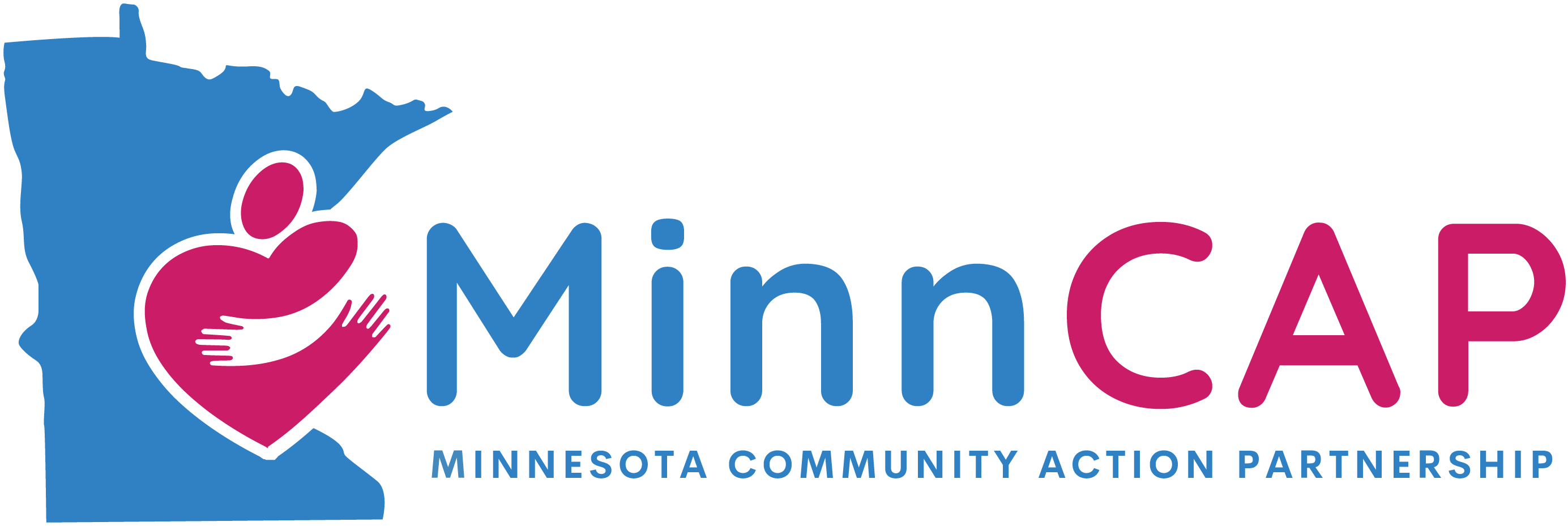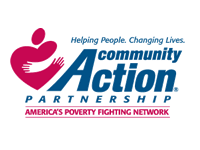May 23, 2019 | Vol. 6 No. 12
Conclusion of a three-part column
In the last two installments of The Anti-Poverty Solider (from MSR issues April 25 and May 9), I began to introduce the findings from Community Action’s latest Community Needs Assessment (CNA). In addition to the CNA’s central theme cited by the members of our service area (systematic oppression and racial inequity are the root causes of poverty), I covered three of the six major findings (related to housing, employment and education).
In concluding this three-part column, I will present the other three findings, which focus on the issues of transportation, health and nutrition, and disparities in the criminal justice system.
Again, as I’ve noted in the previous two columns, none of these findings should be the least bit shocking. Nonetheless, the bulk of information presented here does not come via university studies our journalistic enterprise. It comes directly from the voices of community residents.
Their voices must be amplified and their words repeated. As the late poet, author, and civil rights icon Audre Lorde once stated, “I have come to believe over and over again that what is most important to me must be spoken, made verbal and shared, even at the risk of having it bruised or misunderstood.”
So, with that in mind, let’s continue listening to the voices in our communities.
Finding #4: Most households have access to cars, but low-income people are burdened by the costs associated with operation and upkeep.
In spite of the fact that Ramsey County is the smallest Minnesota county (in terms of area), yet the most densely populated, data from MN Compass reveals that only 14 percent of the county’s jobs are accessible by public transportation. And, in Washington County only two percent of jobs can be accessed by public modes of transport.
As such, car ownership is a critical necessity in the East Metro. For many, it is the only reliable way to get to work, buy groceries, obtain health care, and access other services.
Still, for many low-income households, the cost of car ownership is a burden of its own. One respondent to the CNA notes that “Some families cannot afford to pay for automobile insurance and end up driving without it. That is extremely dangerous.”
Moreover, the costs of fuel, general maintenance, and auto repairs render many individuals and families cost-burdened by having to spend an inordinate amount of their household income on transportation.
For those who do rely on public transportation, the barriers they encounter are numerous. Among the obstacles frequently cited by CNA participants are the costs of public transportation; disability status; length and time of their commute or trip; distance from bus or light rail stops; limited transit schedules; safety concerns; and language barriers.
Finding #5 – Health and nutrition resources exist in the community, but access remains a problem for many.
When it comes to health care in low-income communities, the costs associated with office visits (medical, dental, etc.), prescription drugs, health insurance, and other needs present huge difficulties. For low-income people with disabilities and chronic illnesses, adequately navigating the healthcare system can seem next to impossible.
Plus, there is the “cliff-effect,” where households make “too much” money to qualify for assistance, but not enough to meet health-related needs. Consider the story of one CNA participant who explains that her husband, who has an artificial leg, is not eligible for MinnesotaCare and has to purchase insurance through his employer.
“It is not affordable for us to pay thousands and thousands of dollars each year for his leg,” she says. “I wish he could qualify for MNCare.”
As far as nutrition goes, many residents report barriers to healthy eating that include the costs and access to healthy foods; access to culturally appropriate foods; and the burden of other household costs (housing, transportation, health care, etc.).
More than half of CNA participants receive food supports such as SNAP and WIC. Still, a significant percentage of those individuals still visit food shelves, as they generally run out of food before the end of each month.
One of our respondents proclaims, “I work fulltime and shouldn’t have to worry about feeding my children simply because my rent is too high. You have to earn under a certain amount to live here, but that doesn’t keep them from raising the rent every year, sometimes in the middle of the lease.”
Finding #6 – The inequity of the criminal justice system contributes to the lack of access to affordable housing and higher-paying jobs.
Although the State of Minnesota boasts one of the lowest overall incarceration rates in the nation, the racial disparities in its prison population are second highest in the nation (behind only Wisconsin). For example, African Americans in Minnesota are 11 times more likely to be incarcerated than are the state’s White residents.
Participants of the CNA spoke in detail about how involvement in the criminal justice system — even the most minor of offenses — have deep and enduring impacts on the lives of individuals and their families. Criminal records make it difficult to obtain employment, housing, education, and other opportunities. As one individual asked, “How can I improve my life circumstances when I am denied access to basic human rights and needs?”
Conclusion
The six major findings presented from Community Action’s CNA are inextricably linked to its overall theme: “At the root of poverty is systematic oppression and a lack of equity along racial lines.”
There are certainly those who will debate this argument, but it occurs to me that the true experts on poverty must be the people who are forced to navigate its indignities, injustices, and incongruities. That’s who you have been hearing from in these three columns.
Without fail, we must continue to listen to the voices of the poor, for they know of what they speak. The continuing scourge of race, class and other biases, coupled with a 400-year history of systematic oppression, must be challenged at every turn. To allow poverty to persist as it does is an indelible stain on humanity. It diminishes us all.









